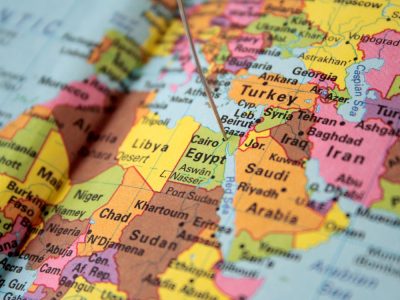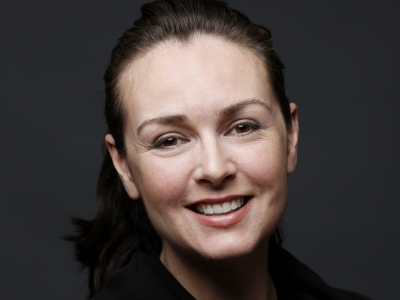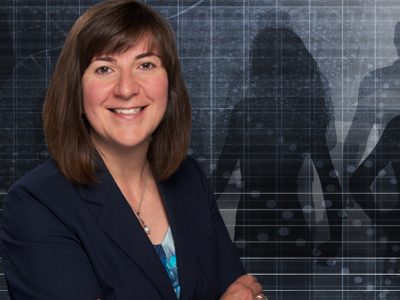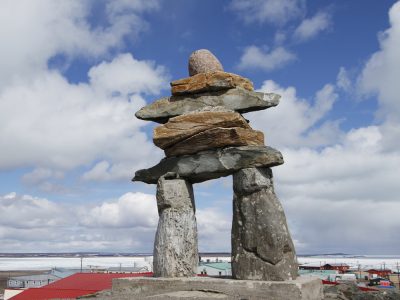This profile was part of the Faculty of Public and Global Affairs’ 75 for the 75th series, which highlighted 75 notable alumni in FPA in honour of Carleton University’s 75th anniversary. These stories were published in 2016 and 2017.
Senior International Correspondent, The Globe and Mail
Bachelor of Journalism (’90)
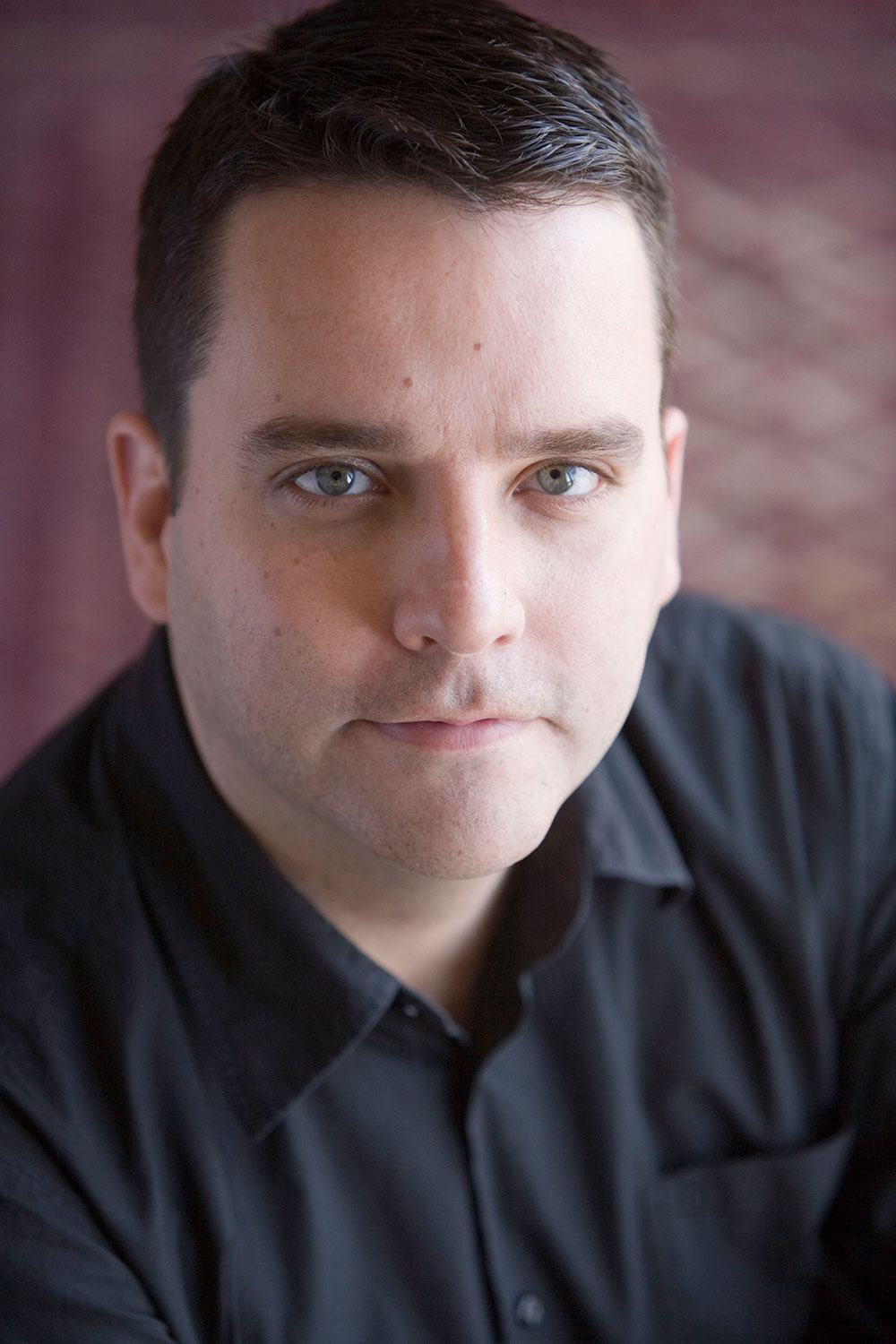
In early 2017, Mark MacKinnon drove through the former Yugoslavia, taking note of the changes in the region since Donald Trump was elected President.
“It’s just a few kilometres into northern Kosovo that you encounter the first billboards celebrating the election of Donald Trump,” wrote Mr. MacKinnon in a Globe and Mail article entitled, “With Donald Trump in the White House, the Balkans Whisper of War”.
He described how, six days before Mr. Trump’s inauguration, a train painted with the message “Kosovo is Serbia” traveled into Kosovo, prompting the government to send in special forces and rattling nerves on both sides.
“The Serbians never accepted Kosovo’s independence. Now that ‘their man’ is in the White House, they think maybe history isn’t set in stone anymore,” explains Mr. MacKinnon. Serbians are not the only ones testing the new world order. As a foreign correspondent, Mr. MacKinnon sees a number of international rivals taking the opportunity to advance “decades-old agendas and grievances”, whether in the Balkans, Ukraine or the West Bank.
“The Americans were the de facto power so everyone would be looking to them,” he says. “Now, we’re in uncharted territory and no one is sure who’s really in charge.”
As the Globe’s Senior International Correspondent in London, Mr. MacKinnon covers the European continent—from the rise of far-right politicians in Europe to the continued migration of refugees. His previous postings were in Moscow, Beijing and the Middle East.
But that wasn’t the career Mr. MacKinnon had in mind when he arrived at Carleton in the 1990s. After working as sports editor at The Charlatan, he secured an internship as a reporter at a weekly newspaper in Pictou, Nova Scotia. But as he was preparing to leave, the newspaper’s building burned down and the internship was cancelled.
“I saw my career disappearing. So I got on the phone, called the operator and said, ‘Tell me the five biggest cities in South Africa,’” he says, describing his pre-Google research. “I found out the names of the papers in those cities, called the editors and told them I would work for free for two weeks. If I was good, they could start paying me.”
Three of the editors accepted Mr. MacKinnon’s offer. He ended up at The Herald in Port Elizabeth, South Africa, living in the local YMCA. It was his first trip abroad.
“When I came back, my world had changed and I wanted to be a foreign reporter. I also had a resume that was completely unique,” he recalls. “That enabled me to get an internship at the Edmonton Journal when I graduated, followed by an internship at The Globe and Mail.”
In 2002, he moved to Moscow with his wife, Carolynne Wheeler, a j-school alumna who was doing freelance reporting. “I was 27-years-old and it was exciting and thrilling, but also a massive responsibility,” he recalls. “It’s extremely humbling to hear your articles discussed in the House of Commons. You want to be as fair and accurate as you can because the repercussions can be unpredictable.”
Mr. MacKinnon says the story he is most proud of featured a group of Syrian teenagers whose anti-Assad graffiti inadvertently sparked the Syrian War. They are now refugees whom he spent months tracking down.
“I wrote hundreds of messages to people on LinkedIn and Facebook who had the same last name until finally someone said, ‘I know who you’re looking for,’ he recalls. “I had to fly to Sweden to earn his trust and then take a journey around the refugee settlements of Europe, earning trust one extremely strong coffee at a time.”
The resulting story, “The graffiti kids: How an act of teenage rebellion sparked the Syrian war”, is a fascinating tale of the teenagers who became prisoners and are now refugees in Germany, Sweden and Jordan. It’s also the tale of the history of the Syrian war.
Mr. MacKinnon has won five National Newspaper Awards for his reporting and in 2007 he published a book entitled The New Cold War: Revolutions, Rigged Elections and Pipeline Politics in the Former Soviet Union.
When asked what continues to motivate him, Mr. MacKinnon says it’s gratitude. “It’s the belief that I have one of the best jobs in Canadian journalism — and enormous responsibilities that come with it.”
Wednesday, March 15, 2017 in #FPA75, Career Paths, Journalism
Share: Twitter, Facebook
